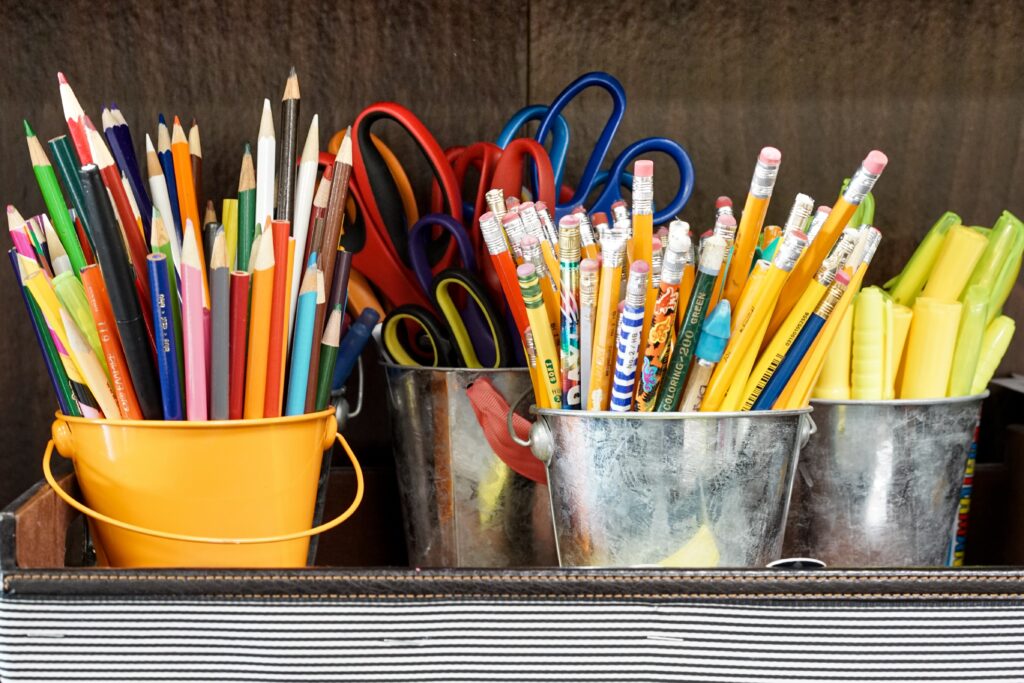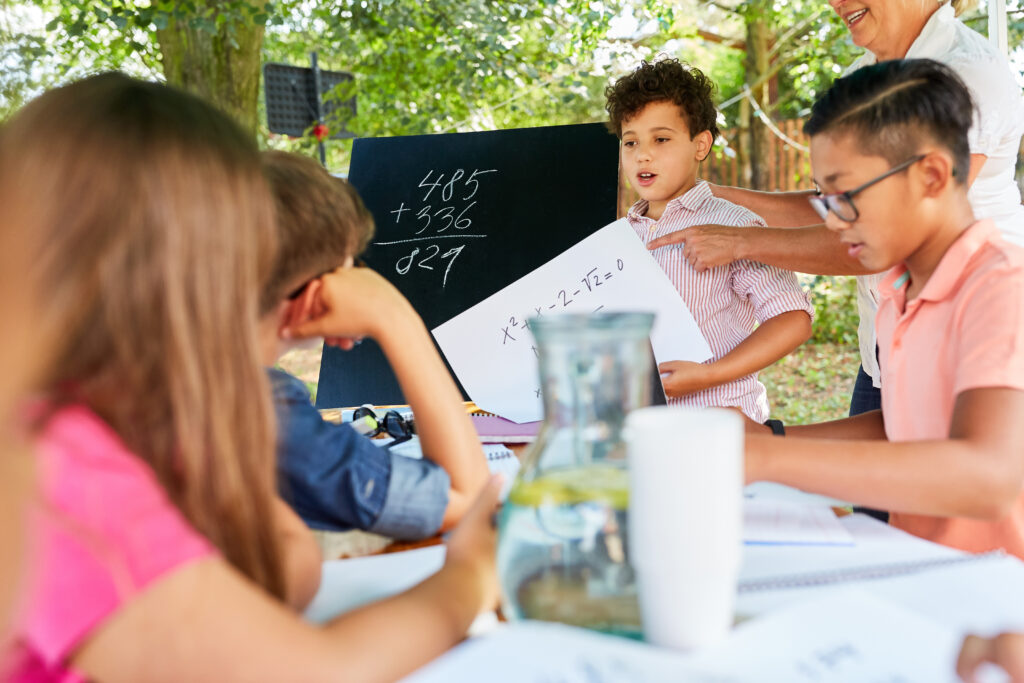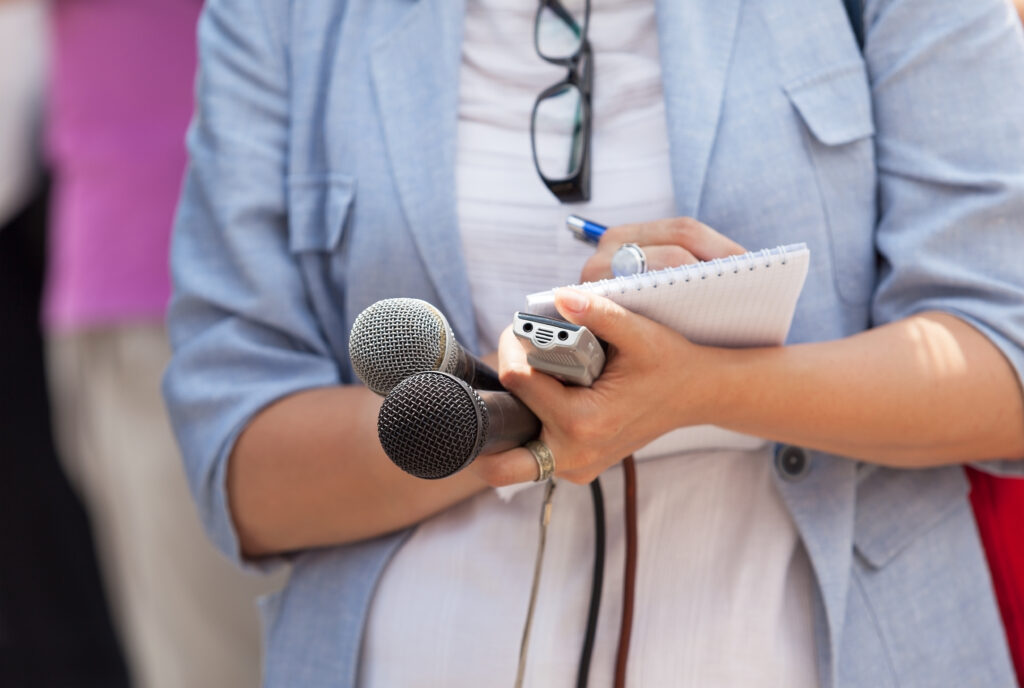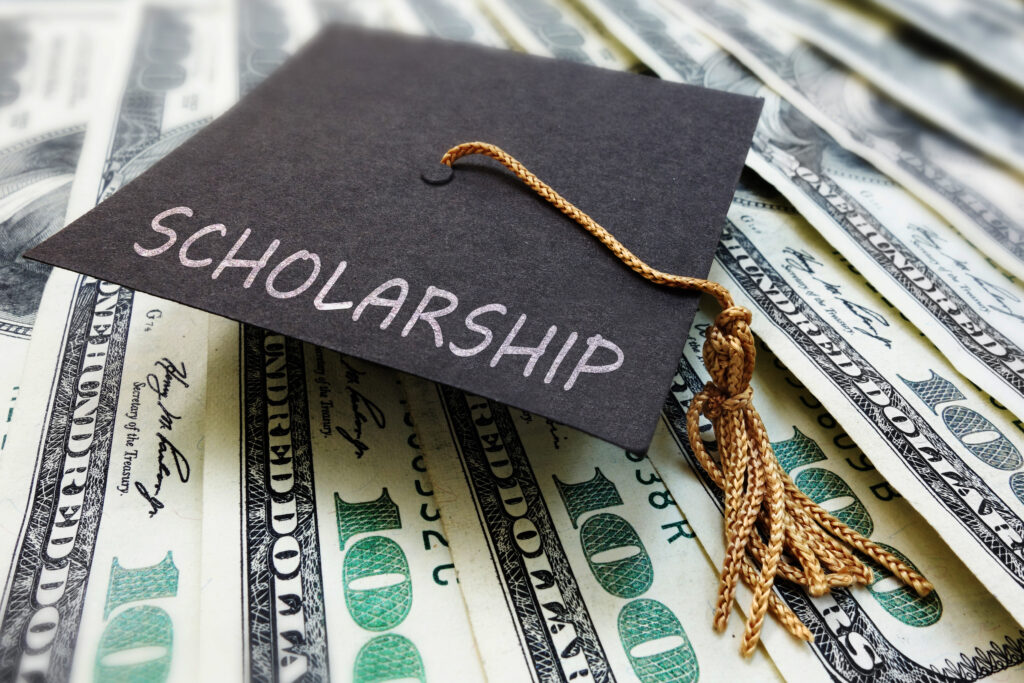Source: [Meridian Health]
Four days after the Food and Drug Administration granted an emergency use authorization to the first COVID-19 vaccine in December, New Jersey began distributing vaccine doses to health care workers across the state. The state continues to roll out its plan to vaccinate 4.7 million people over the next six months, or 70 percent of the state’s adult population. This should bring us one step closer to the end of the pandemic, but it doesn’t mean that we should be so quick to abandon established practices that slow the spread of COVID-19.
To be clear – even after you receive the COVID-19 vaccine, it’s important to continue behaviors like mask-wearing and social distancing.
“There are several reasons why it’s safer for you, your loved ones and the people in your community when everyone continues to wear masks and social distance even if you’ve gotten a COVID-19 vaccine,” says Thomas Bader, M.D., vice president of medical quality at Hackensack Meridian Health. “When everyone does their part to stop the spread of this virus – whether that means getting vaccinated, wearing masks and staying six feet apart from people outside of your household – it helps to keep our communities safer while we work to get the pandemic under control.”
Why We Must Continue COVID Protective Measures
-
The vaccine doesn’t guarantee complete immunity
The currently authorized mRNA vaccines have been found to provide up to 95% immunity against COVID-19. That means that there is still a small chance that you could get infected, so you need to continue to protect yourself while COVID-19 cases are high in your area.
Wearing a mask can limit your exposure to the virus, which should greatly lower your chances of becoming ill, even if you’ve been vaccinated.
-
You might infect others with COVID-19
It’s unclear whether or not people who receive the COVID-19 vaccine have the ability to spread the virus to others, even if they don’t become sick themselves. Researchers are now studying whether the vaccines prevent asymptomatic transmission of the virus.
If you’ve been vaccinated, it may be possible for enough of the virus to be present in your nose or mouth for you to unknowingly spread it to those around you, even if you don’t experience symptoms. Until researchers confirm that this doesn’t happen, wearing a mask helps you protect the people in your community who haven’t received the vaccine yet.
-
It takes time to achieve “herd immunity”
For herd immunity to help stop the spread of COVID-19, enough people would have to become immune, through vaccination, to the virus that causes the disease. It’s unknown at the moment what percentage of the population would need to get vaccinated to limit the spread of the virus this way.
Some experts believe that herd immunity may be achieved if 60 or 70 percent of the population is vaccinated. Others suggest that an even higher percentage of people would need to be vaccinated for herd immunity to have an effect. The actual figure remains to be determined.
At the moment, only 2 to 3 percent of New Jersey residents have received COVID-19 vaccines, so we have a long way to go before our communities could reach herd immunity. Until we achieve herd immunity, it’s important that we all take steps to protect one another.
How to Continue to Protect Yourself
For those reasons, it’s critical to continue doing everything you can to protect yourself and your family. That includes continuing to:
- wear a mask over your nose and mouth when you’re around people from outside your household
- stay 6 feet away from people who aren’t from your household
- limit the time you spend in indoor spaces, especially poorly ventilated ones
- avoid crowds and close contact with people from outside your household
- wash your hands often with soap and water, or use hand sanitizer
“As we continue to distribute vaccines across our communities, it’s important that we all continue to do our parts to limit this spread,” says Dr. Bader. “With these vaccines, we have hope for a more normal future and a path to get there.”





